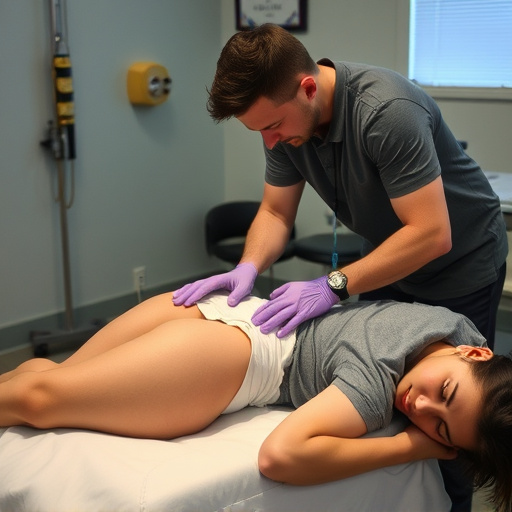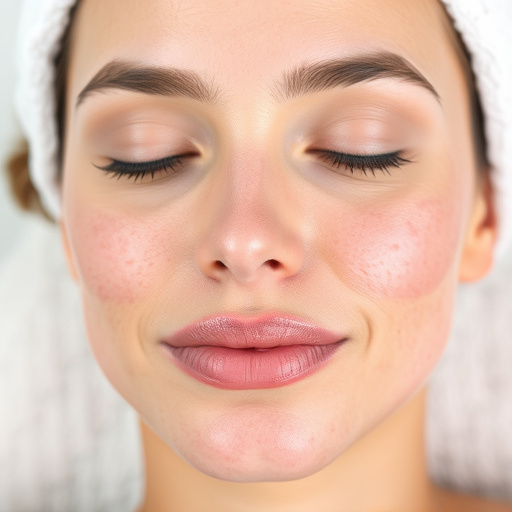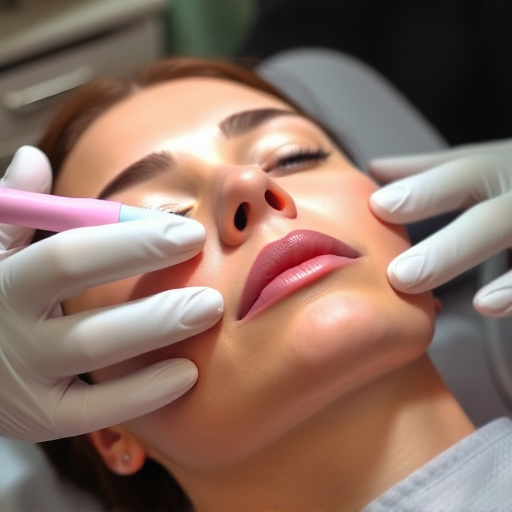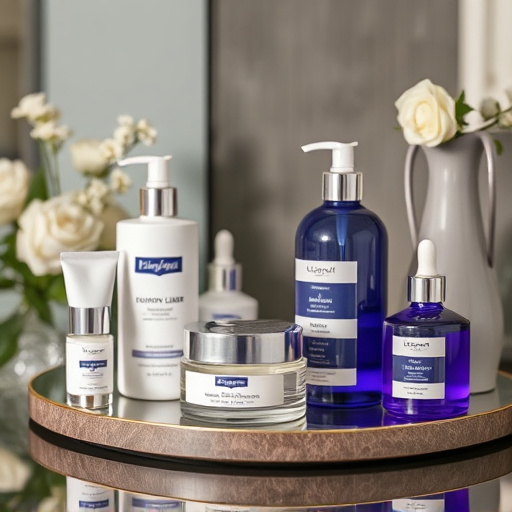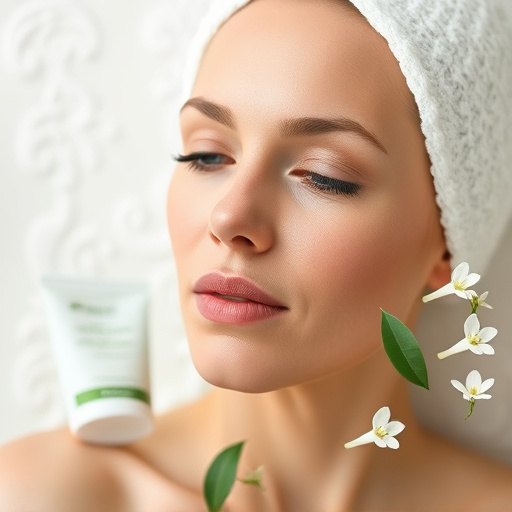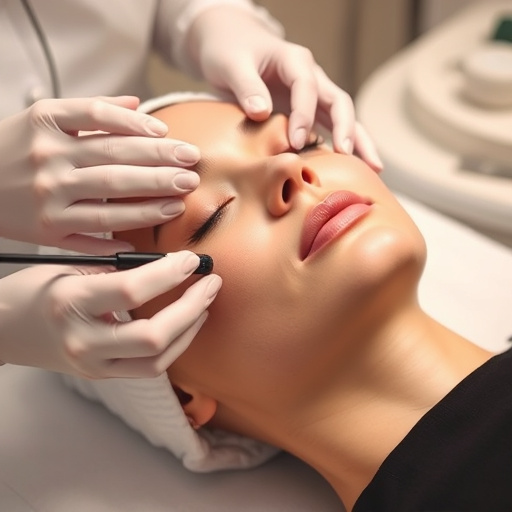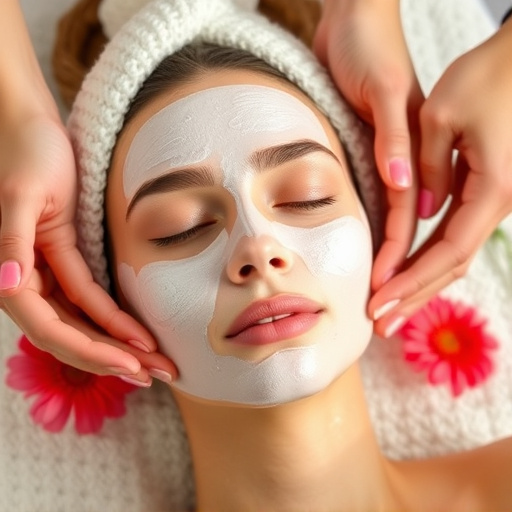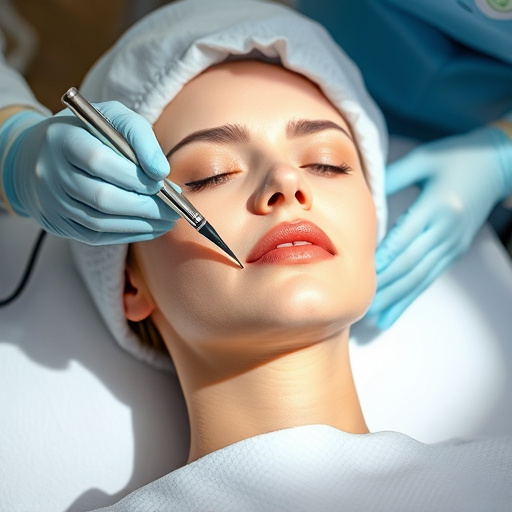Rosacea is a chronic skin condition affecting fair-skinned individuals, characterized by redness, bumps, and enlarged blood vessels, exacerbated by triggers like sun exposure, stress, and spicy foods. Advanced dermatology offers non-invasive treatments like laser therapies and topical medications to reduce inflammation and redness with minimal downtime. A holistic approach combining gentle facial treatments, anti-inflammatory ingredients, customized facials, balanced diet, hydration, and stress reduction techniques promotes overall skin health for a clearer complexion.
Rosacea, a chronic skin condition characterized by redness, puffiness, and bumps, can be challenging to manage. This article explores effective rosacea treatment methods with minimal side effects and downtime. We delve into understanding the causes and common triggers of this condition, providing insights that empower individuals to make informed decisions. Additionally, we present a range of low-impact treatment options and strategies for successful management, ensuring both healthy skin and peace of mind.
- Understanding Rosacea: Causes and Common Triggers
- Exploring Minimal-Impact Treatment Options
- Strategies for Effective Management with Fewer Side Effects
Understanding Rosacea: Causes and Common Triggers
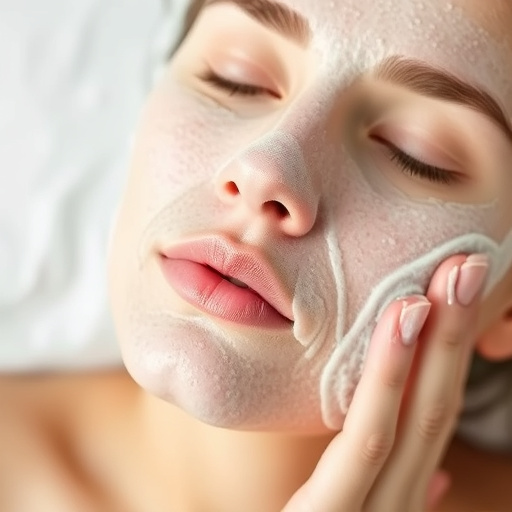
Rosacea is a chronic skin condition characterized by redness, small raised bumps, and enlarged blood vessels on the face. It primarily affects fair-skinned individuals, especially those with Celtic or Scandinavian heritage. While the exact cause remains unknown, several factors contribute to its development. One of the key mechanisms involves abnormal regulation of immune cells in the skin, leading to persistent inflammation.
Various triggers can exacerbate rosacea symptoms, making it essential for patients to identify and minimize these triggers in their daily routines. Common environmental factors include sun exposure, extreme temperatures, and emotional stress. Certain foods, such as spicy meals, alcohol, and caffeine, are also known to activate the condition. Even specific skin care practices, like aggressive cleansing or the use of irritating products, can trigger an episode. Additionally, hormonal changes, certain medications, and even genetic predisposition play a role in the development and severity of rosacea, making personalized treatment approaches crucial for effective management.
Exploring Minimal-Impact Treatment Options
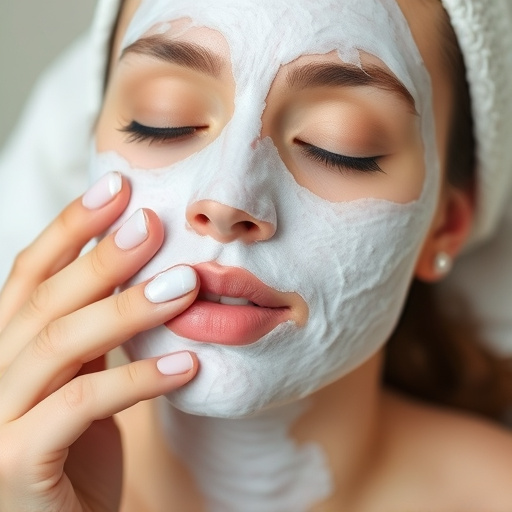
In the quest for effective rosacea treatment, individuals often seek options that minimize side effects and downtime. This is especially crucial for those who desire to maintain their daily routines without significant disruptions. Thankfully, advancements in dermatology have led to a plethora of minimal-impact treatment choices. Laser and light-based therapies, for instance, offer targeted approaches to reduce facial redness and inflammation, with minimal discomfort and rapid recovery times. These procedures can also subtly enhance overall skin texture and tone, contributing to a more even complexion.
Additionally, topical medications and lifestyle adjustments play a vital role in managing rosacea symptoms. Specific topical agents, when applied consistently, can help calm the skin and prevent flare-ups. Simple modifications to daily routines, such as avoiding irritants and protecting the skin from intense sunlight, can further alleviate symptoms. These non-invasive methods promote a gentle yet effective rosacea treatment journey, allowing individuals to achieve desired aesthetic treatments while maintaining comfort and minimal downtime.
Strategies for Effective Management with Fewer Side Effects
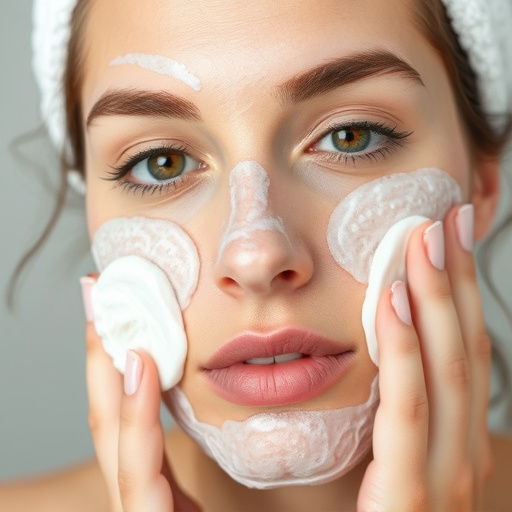
When it comes to managing rosacea, a strategic approach focusing on minimal side effects and efficient downtime is essential. One effective strategy involves integrating gentle facial treatments into your skincare routine. These treatments should prioritize calming, anti-inflammatory ingredients like aloe vera, green tea, and oatmeal to soothe irritated skin without causing further damage. Customized facials, tailored to your specific skin type and concerns, offer a personalized solution, ensuring that the treatment aligns with your unique needs.
In addition to targeted facial treatments, adopting holistic practices can significantly contribute to rosacea management. This includes maintaining a balanced diet rich in antioxidants, staying hydrated, and practicing stress-reducing techniques such as meditation or yoga. These lifestyle adjustments complement professional skincare routines, fostering overall skin health and contributing to a clearer, more comfortable complexion with minimal side effects.
Rosacea treatment options have evolved to offer individuals suffering from this skin condition hope for effective management without severe side effects or lengthy recovery times. By understanding the causes and triggers of rosacea, alongside exploring minimal-impact treatment approaches, those affected can now achieve clearer, healthier skin with improved confidence. These strategies empower folks to take control of their skin health and embrace a life with fewer flare-ups and less downtime, allowing them to live their best lives.



